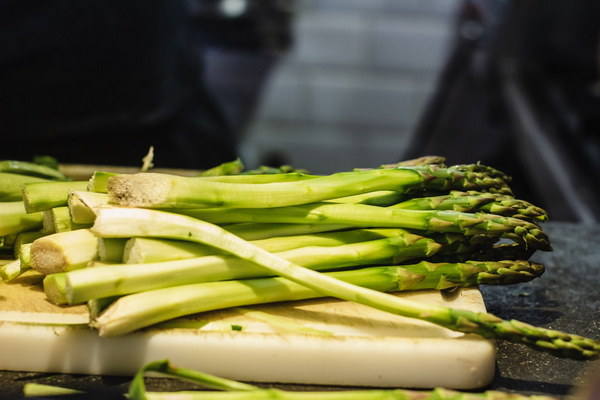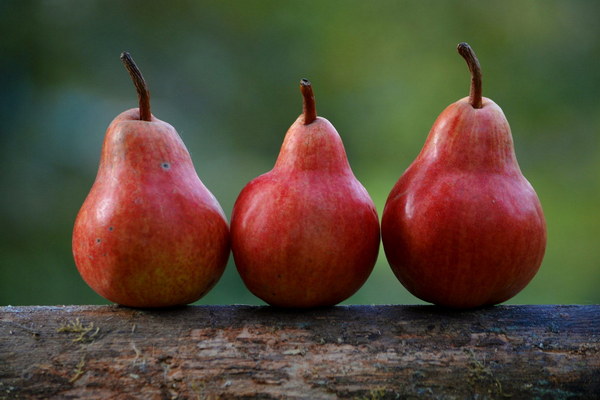Embrace Nature's Cure The Soothing Benefits of Herbs and Herbal Baths for Dampness Removal
In the pursuit of holistic health and wellness, the ancient wisdom of traditional Chinese medicine has proven to be a treasure trove of natural remedies. One such remedy is the use of herbal baths, specifically designed to expel dampness from the body. This article delves into the fascinating world of herbal baths for dampness removal, exploring the benefits, preparation methods, and the magical properties of the chosen herbs.
Dampness, or Damp-Heat, in traditional Chinese medicine, refers to an imbalance in the body's Yin and Yang, resulting in symptoms such as fatigue, body aches, joint pain, and a general feeling of heaviness. The use of herbal baths is believed to help alleviate these symptoms by promoting the body's natural balance and strengthening the immune system.
The core of herbal baths lies in the powerful properties of herbs that have been used for centuries to expel dampness from the body. Some of the most commonly used herbs include:
1. Cinnamon: Known for its warming properties, cinnamon helps to stimulate blood circulation, expel cold and dampness, and improve digestion.
2. Peppermint: This cooling herb is excellent for soothing muscle aches and joint pain, while also helping to expel dampness.
3. Chuanxiong: A well-known herb for its ability to activate blood circulation and alleviate pain, chuanxiong is also effective in expelling dampness.
4. Angelica Root: This herb has astringent properties, making it ideal for drying dampness in the body and improving circulation.
5. Atractylodes: Atractylodes is known for its ability to strengthen the spleen, which is responsible for transforming dampness in the body.
To prepare a herbal bath for dampness removal, follow these simple steps:
1. Gather the herbs: Purchase high-quality dried herbs from a reputable source or a traditional Chinese medicine store.
2. Prepare the herbs: Grind the herbs into a fine powder using a mortar and pestle or a coffee grinder.
3. Infuse the herbs: Add the ground herbs to a pot of boiling water. Simmer the mixture for about 15-20 minutes, or until the water turns a rich, dark color.

4. Strain the herbs: Pour the mixture through a fine sieve to remove the herbs, leaving behind a concentrated herbal infusion.
5. Prepare the bath: Fill a bathtub with warm water and pour the herbal infusion into the bath. Swirl the water to ensure the herbs are evenly distributed.
6. Soak in the bath: Soak in the herbal bath for at least 20 minutes, allowing the herbs to work their magic on your body.
7. Rinse off: After soaking, rinse your body with warm water to remove any remaining herbal residue.
The benefits of herbal baths for dampness removal are numerous. Here are some of the key advantages:
1. Improved circulation: The warming properties of herbs like cinnamon and peppermint can help improve blood circulation, leading to reduced muscle aches and joint pain.
2. Enhanced immune system: By expelling dampness from the body, herbal baths can help strengthen the immune system, making you more resilient to diseases.
3. Stress relief: Soaking in a herbal bath can provide a sense of relaxation and tranquility, helping to reduce stress levels.
4. Improved digestion: Herbs such as cinnamon can help stimulate digestion, leading to better overall health.
5. Skin benefits: The natural properties of herbs can help improve skin health, leaving your skin feeling soft and smooth.
In conclusion, herbal baths for dampness removal are a natural and effective way to promote holistic health and wellness. By harnessing the power of ancient wisdom and natural herbs, you can achieve a balanced and harmonious state of being. So, why not embrace nature's cure and experience the soothing benefits of herbal baths for yourself?









